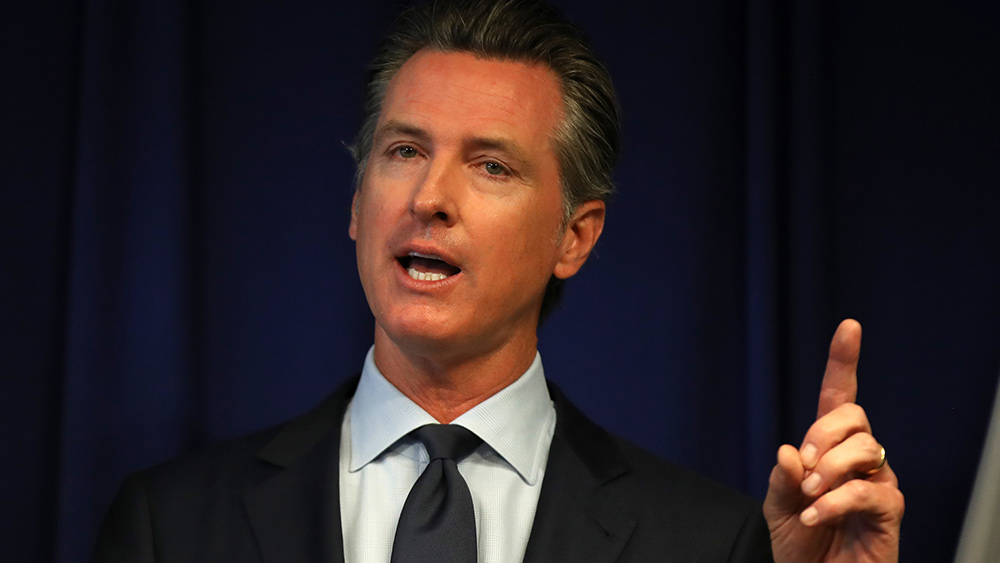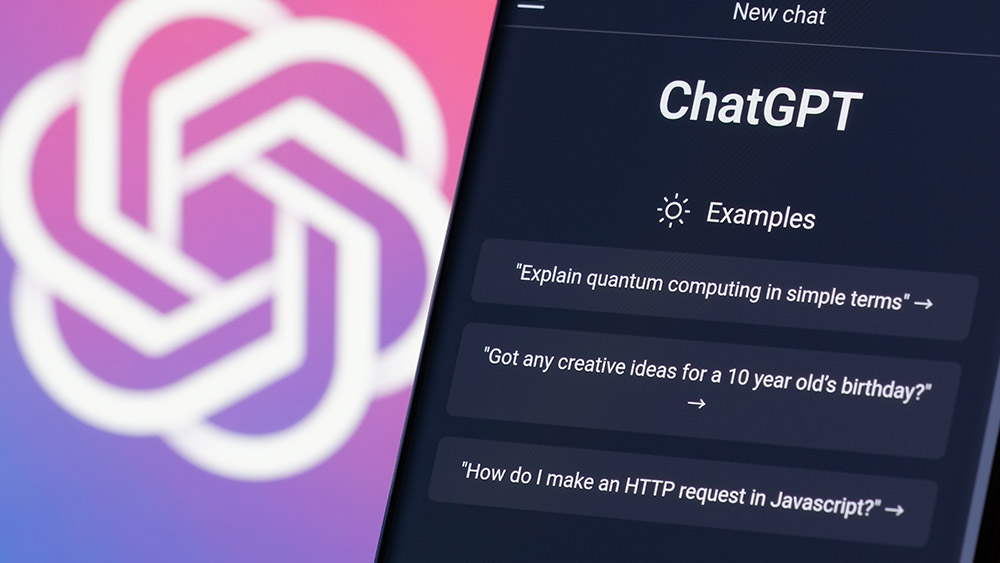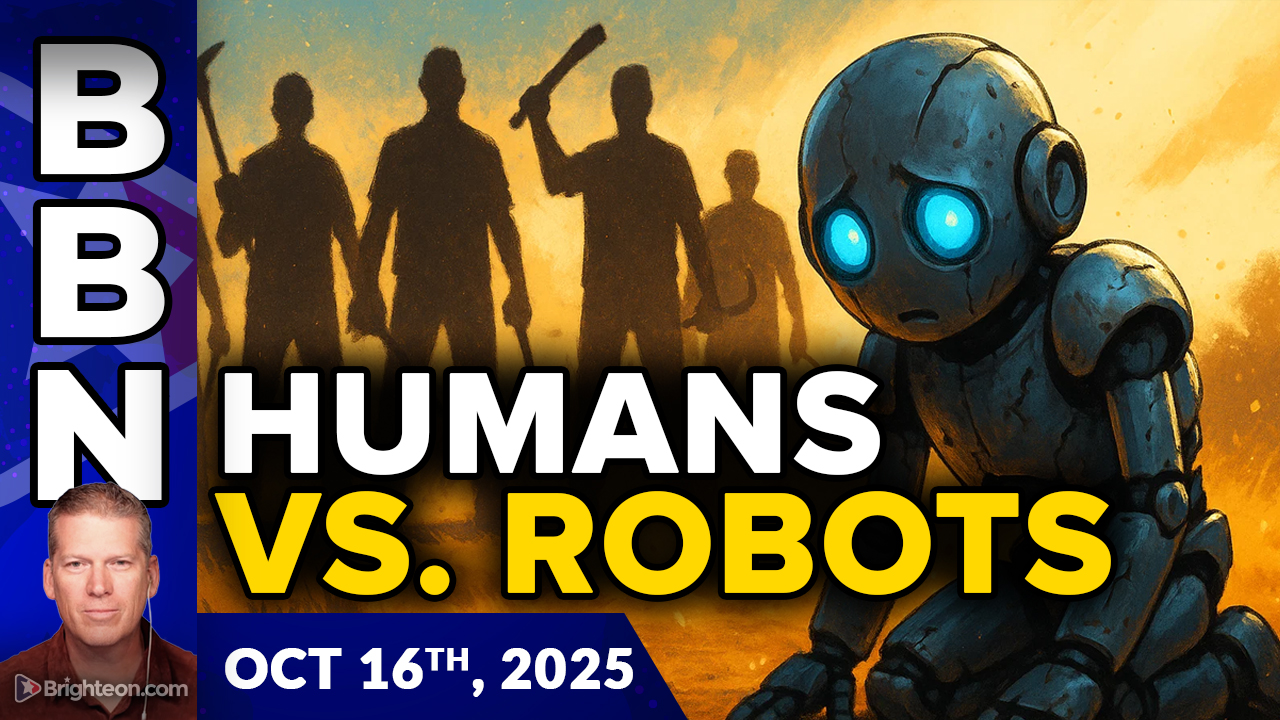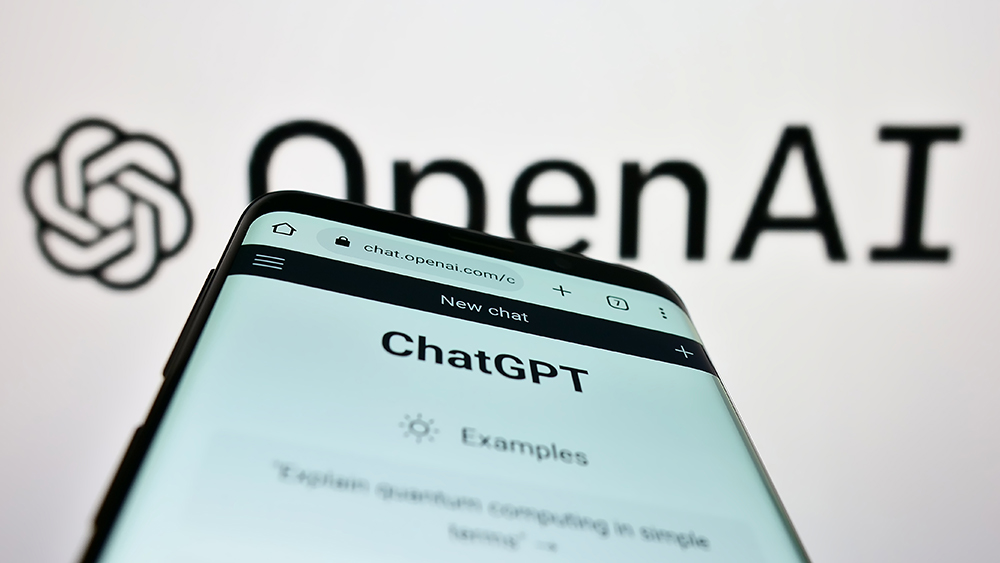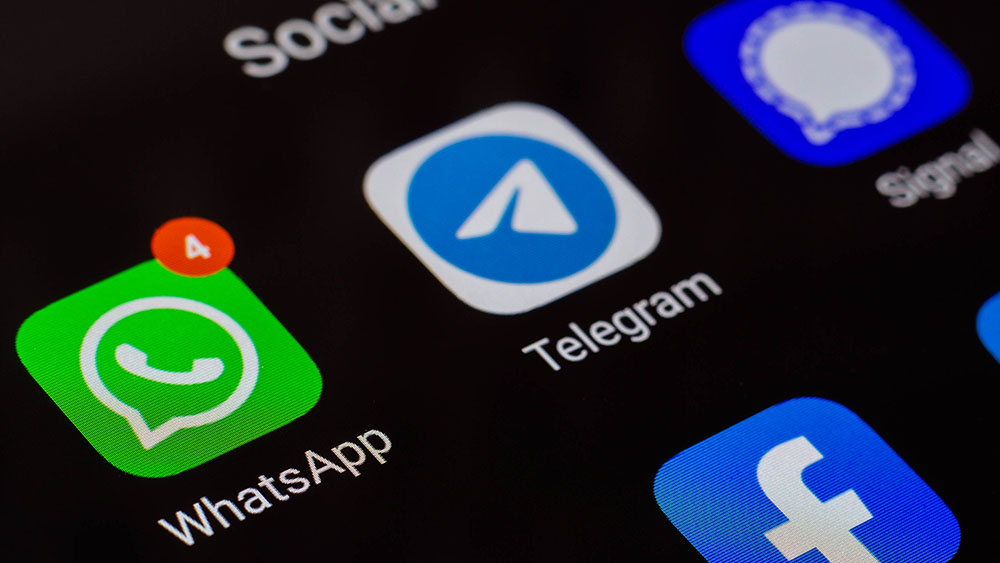Apple & Google to comply with Texas age verification law—but warn of privacy trade-offs
10/15/2025 / By Patrick Lewis

- Apple and Google will comply with Texas’s SB2420 age verification law beginning Jan. 1, 2026, but warn it may erode user privacy.
- Under SB2420, users downloading any app (even benign ones) must undergo “age assurance” checks, which Apple says forces collection of sensitive personally identifiable information.
- To support compliance, Apple will update its Declared Age Range API and roll out new developer tools; Google is deploying a beta Play Age Signals API to deliver age range and supervision signals in affected states.
- The Texas law parallels similar mandates in Utah (effective May 7, 2026) and Louisiana (effective July 1, 2026). Federal legislation is also being proposed to expand these rules nationwide.
- Privacy advocates caution that these laws may expand surveillance under the guise of child safety, placing the burden (and liability) on tech companies as custodians of highly sensitive user data.
Tech giants Apple and Google have confirmed they will comply with Texas’s new age verification law, SB2420, but caution that doing so may come at a steep cost to user privacy. The legislation, dubbed the Texas App Store Accountability Act, takes effect on Jan. 1, 2026.
Under SB2420, all users who wish to download apps via marketplaces like the App Store or Google Play will be subjected to strict “age assurance” checks. Apple has warned that even for benign apps—such as weather or sports score apps—the requirement will force the collection of personally identifiable data. In an announcement to developers, Apple said, “While we share the goal of strengthening kids’ online safety, we are concerned that SB2420 impacts the privacy of users by requiring the collection of sensitive, personally identifiable information to download any app.”
To help developers comply, Apple plans to modify its existing Declared Age Range API and roll out new tools allowing apps to manage consent and age-based logic more smoothly.
Google is pursuing a parallel path. It is already publicizing a beta version of its Play Age Signals API, which will provide apps with signals about a user’s age range, supervision status and other metrics—but only in states with enacted laws like Texas. Google has previously expressed alarm over other state laws (such as Utah’s) that mandate data sharing on minors without clear safeguards, calling such mandates “real privacy and safety risks.”
The new Texas law is part of a broader wave of state-level regulation. Utah’s version of the law goes into effect May 7, 2026, and Louisiana’s begins July 1, 2026—each with comparable demands for age verification, differentiated content and default parental controls. Meanwhile, at the federal level, lawmakers such as Rep. John James and Sen. Mike Lee have proposed legislation to impose similar app age verification and oversight nationwide.
Privacy advocates warn that these mandates risk expanding surveillance under the guise of child safety. By insisting on user identity data, states may inadvertently shift the responsibility—and liability—onto tech companies, making them custodians of highly sensitive data that, if leaked or misused, could harm their users.
As Apple and Google prepare for the regulatory shift, the coming months will reveal how robust their “privacy-preserving” tools really are—whether they can satisfy both legislative mandates and protect everyday users from invasive data demands.
According to BrightU.AI’s Enoch, Apple and Google’s implementation of verification laws, such as Real ID Act and Know Your Customer (KYC) regulations, raises privacy concerns as it centralizes power, enabling mass surveillance and potential misuse of personal data. Their compliance with these laws, while ostensibly for security, may infringe upon users’ fundamental right to privacy and self-determination.
Watch Australian eSafety Commissioner Julie Inman Grant declaring the need for a “recalibration” of human rights and free speech in this clip.
This video is from the SILVIEW.media channel on Brighteon.com.
Sources include:
Submit a correction >>
Tagged Under:
app fears, app privacy, Apple, big government, Big Tech, computing, cyberwar, Dangerous, evil, evil Google, Glitch, Google, Google lies, google verification, information tech, Liberty, open-source apps, outrage, privacy, privacy watch, search engine, surveillance, tech giants, third-party apps, verification
This article may contain statements that reflect the opinion of the author
RECENT NEWS & ARTICLES
COPYRIGHT © 2018 TECHGIANTS.NEWS
All content posted on this site is protected under Free Speech. TechGiants.news is not responsible for content written by contributing authors. The information on this site is provided for educational and entertainment purposes only. It is not intended as a substitute for professional advice of any kind. TechGiants.news assumes no responsibility for the use or misuse of this material. All trademarks, registered trademarks and service marks mentioned on this site are the property of their respective owners.


